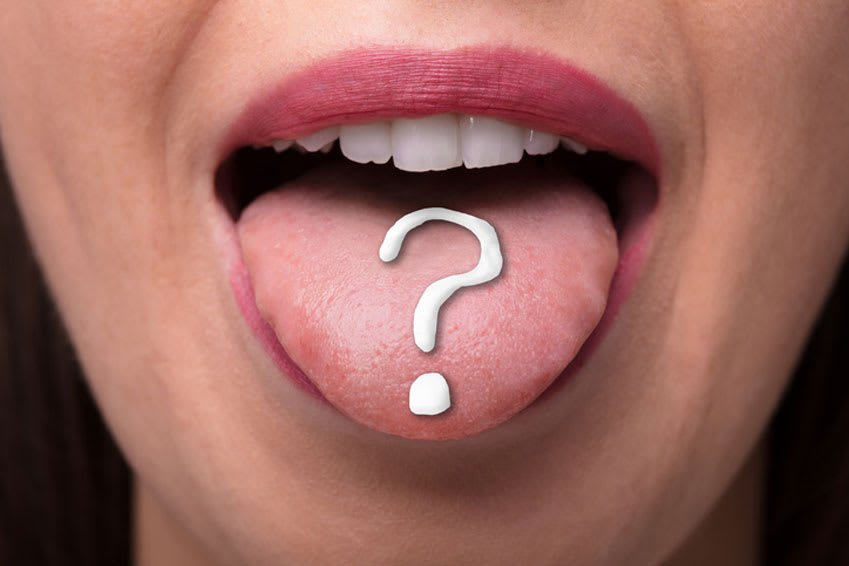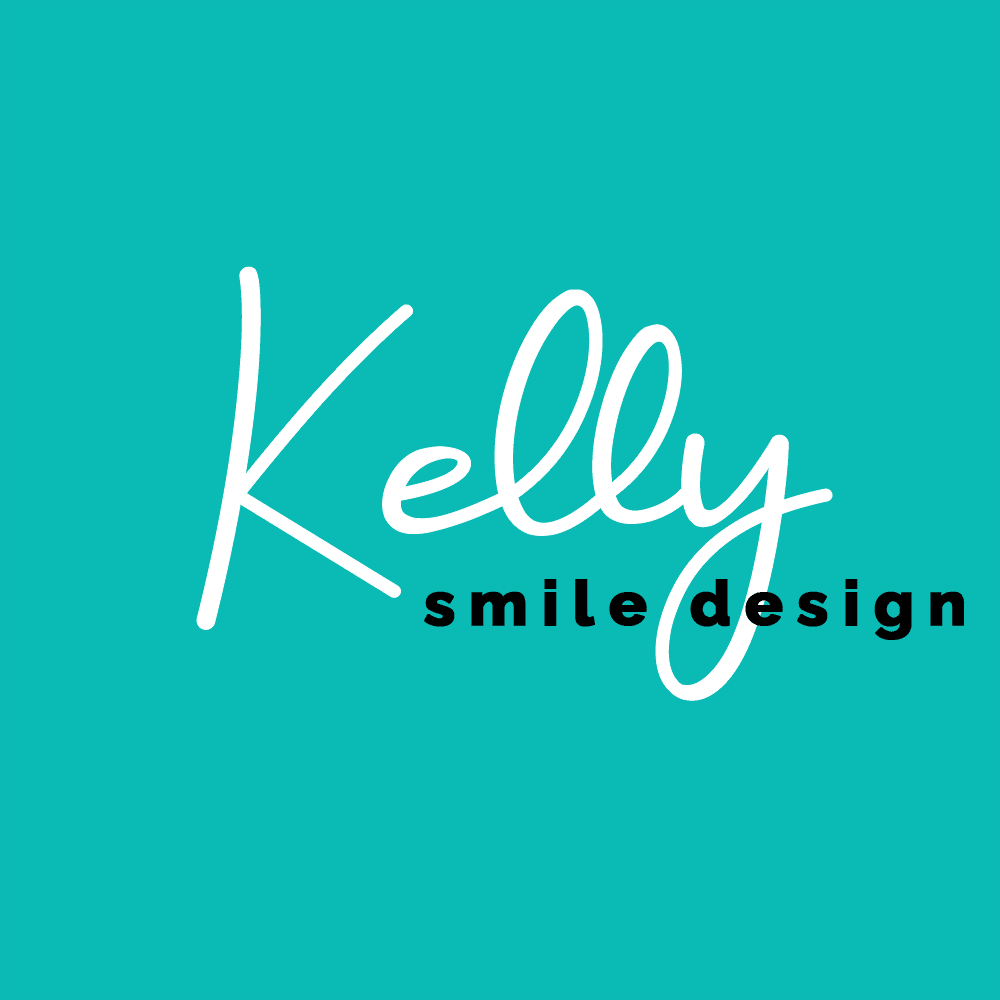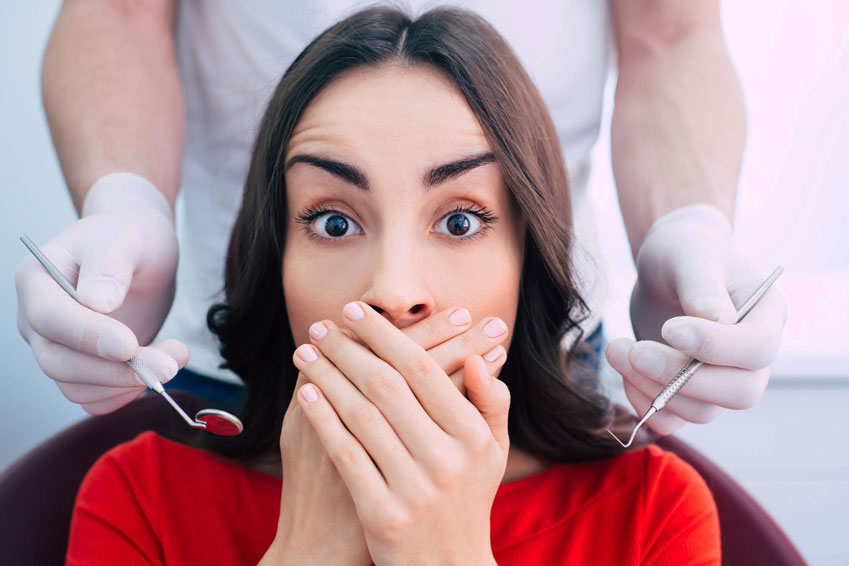Sometimes, we forget the basics and bad habits set in.
Here are some obvious questions about dental hygiene that deserve a revisit.
1. Why do I have to brush my teeth?
Brushing isn’t just a bedtime ritual you learned when you were young, it’s a crucial tool for staying healthy.
Although your teeth may look clean, they’re actually covered with tiny bacteria commonly known as plaque. Left unchecked, plaque transforms into something called calculus, a.k.a. tartar, which can only be removed at your dentist’s office. If not cleaned out, tartar often leads to tooth decay and gum infection — sounds lovely…
Depending on how good you are at it, brushing can lessen the amount of plaque on your teeth, which decreases the tartar, which leads to fewer serious issues. Phew!
Warning! Plaque starts to regrow on your teeth within three to four hours after brushing, so for optimal dental hygiene, try to brush at least twice a day. And yes, you should use toothpaste. Not only does it help get rid of stubborn plaque, toothpaste helps re-mineralize your teeth, building a stronger foundation that prevents decay.
2. Do I actually need to floss?
Yes, you should absolutely be flossing! You may have come across news reports or studies claiming that flossing has no effect in preventing tooth decay. While these may be accurate, research has proven that lack of flossing can encourage other serious issues — like gum disease and bleeding gums. How’s that?
When you eat, food particles get stuck between teeth where it’s hard to reach with a toothbrush. Since where the food lands is often close to your gums, there is likelihood of infection if nothing is done. Flossing is a great way to remove those particles before they can do real damage.
YOU SHOULD KNOW! Many floss makers add a chemical to help floss glide more easily between teeth. Research once claimed that this chemical, perfluorooctanoic acid (PFOA), was safe. However, a new study by Emory University Rollins School of Public Health indicates, PFOA may cause or exacerbate thyroid disease.
What to do? Use a “natural” floss that’s free of PFOA, or rinse and reuse the floss that’s currently in your medicine cabinet to help minimize the PFOA coating. Smart!
3. Can’t I just use mouthwash to keep my teeth clean?
Think of a tooth as a dirty plate. If you pour dish soap over it and rinse it, some of the dirt will come off, but the rest will stay stuck. The same goes for your teeth.
Plaque buildup needs more than just mouthwash to get rid of it, and if left for too long, it can turn into tartar, which can damage your teeth. Mouthwash should be an optional addition to your dental routine, not the star attraction.
CAUTION! Alcohol is a known carcinogen. Most mouthwashes contain large amounts of alcohol, often up to 25%. Mouthwash can remain in your mouth for up to a minute, when used according to directions. This means, alcohol is swooshing around in your mouth even longer than would a sip of wine or whiskey. Experts recommend using a non-alcohol based mouthwash to reap the benefits without all the risks.
4. Is whitening my teeth bad?
It depends. Most over-the-counter teeth whitening strips are safe to use, so long as you follow directions. Leaving the strips on for too long or ingesting large amounts of the gel is bad for your health.
People with sensitive teeth and poor enamel can experience increased sensitivity, irritation and further degradation of enamel. Whitening done in your dentist’s office can be more reassuring, because your dentist is familiar with the condition of your teeth and can weigh in on how, and whether, to proceed.
5. What is a tongue brush?
A tongue brush is designed specifically to — well — brush your tongue. Above is a demo of how to use it. Alternatively, you can try using the bristles on your toothbrush to gently buff over the surface of your tongue. Just rinse your toothbrush thoroughly to ensure that your teeth don’t get an unnecessary dose of bacteria (you can also disinfect your toothbrush in a mixture of water and hydrogen peroxide).
6. Why do I need to worry about my teeth? Can’t I just get new ones?
Funny you should ask. You can’t regrow a tooth once you’ve lost it — at least not yet.
Most humans get their full set of permanent teeth around age 13. After that, if you lose or crack a tooth, you’ll have to get a prosthetic from your dentist. But be warned — new teeth cost a pretty penny. Best to take care of the ones you already have.
We hope you enjoyed these tips. Hopefully, there’ll be less drilling and filling at your next dental visit. Be sure to schedule one soon as you’re able!


















